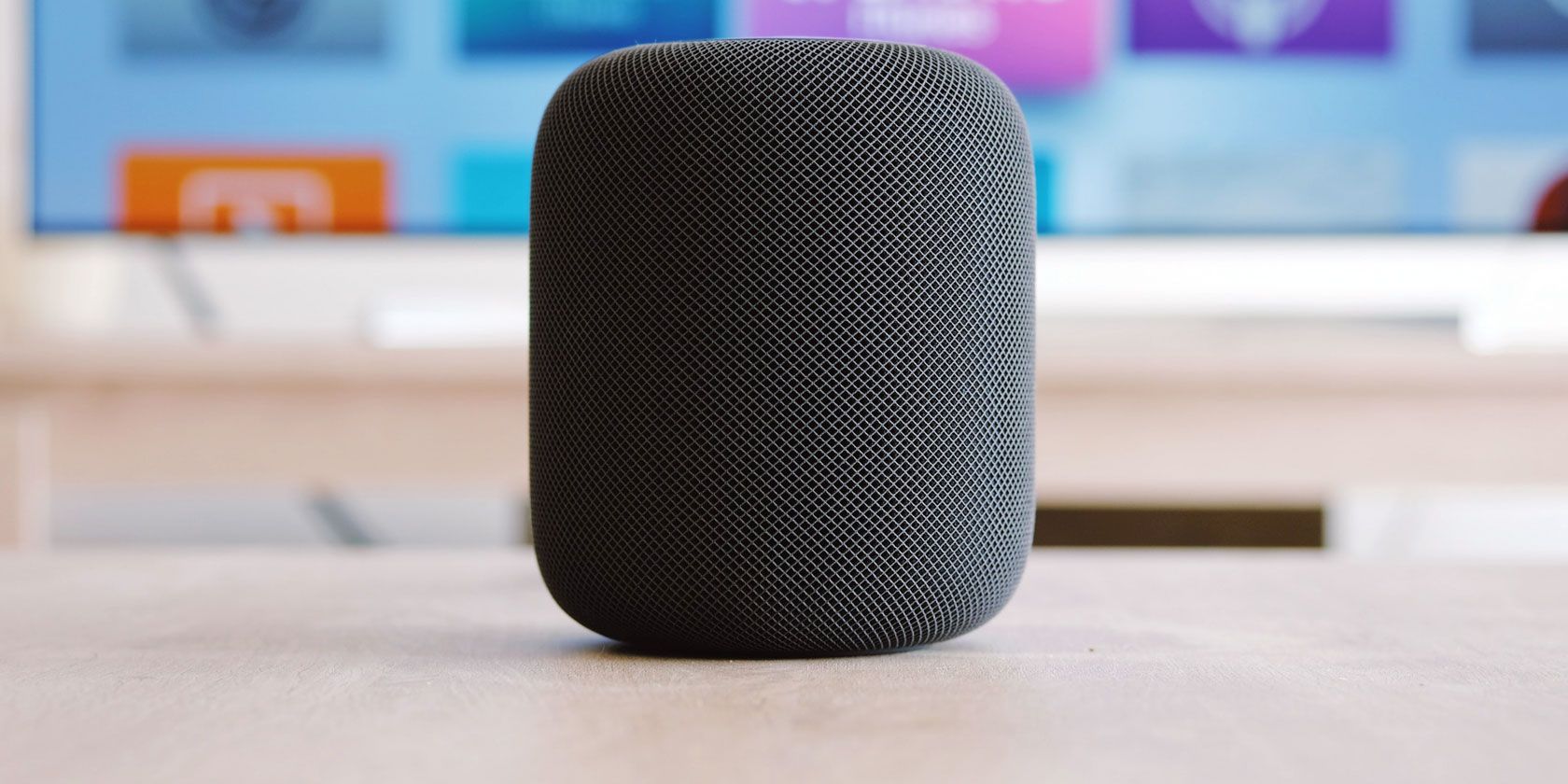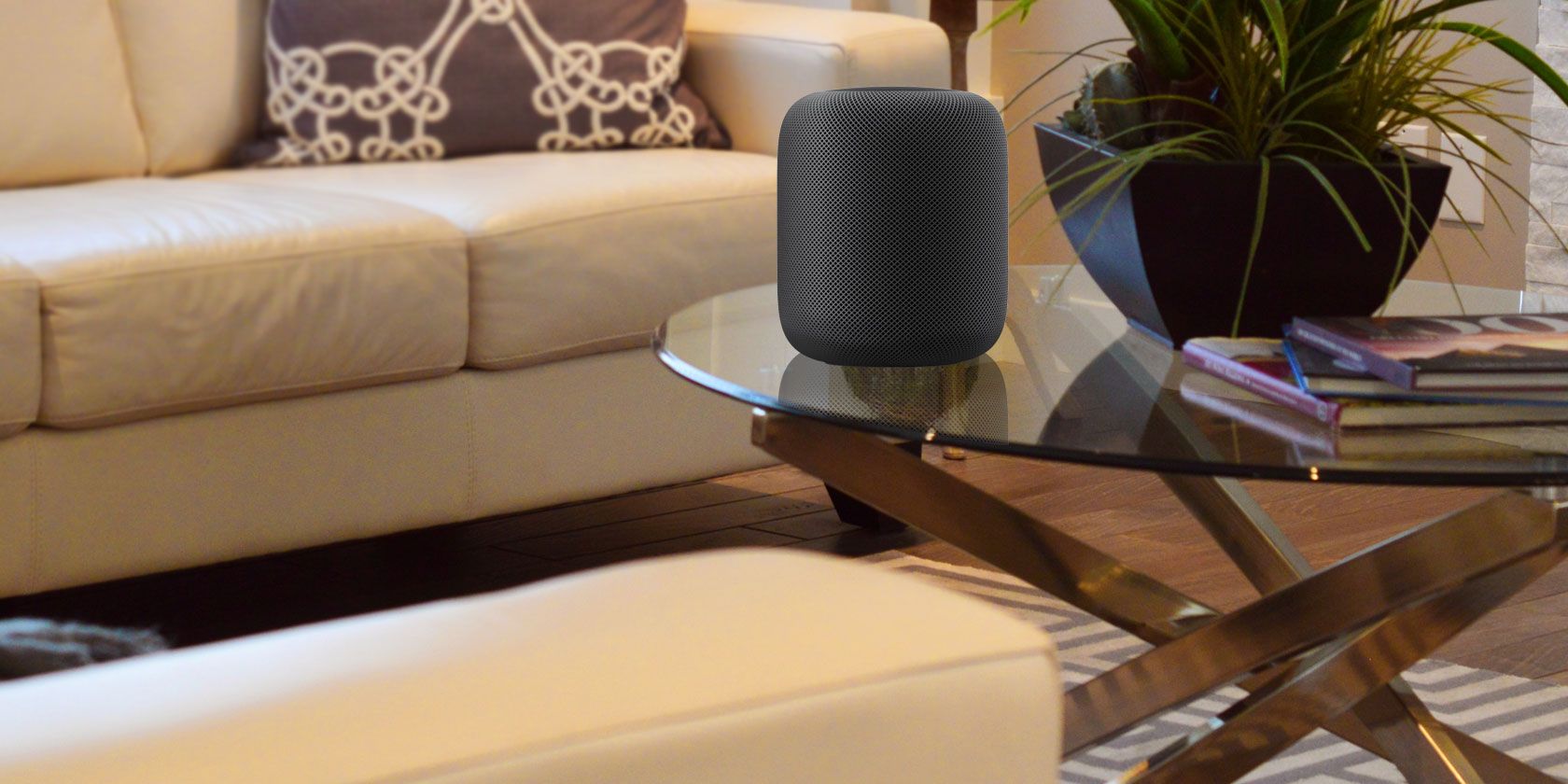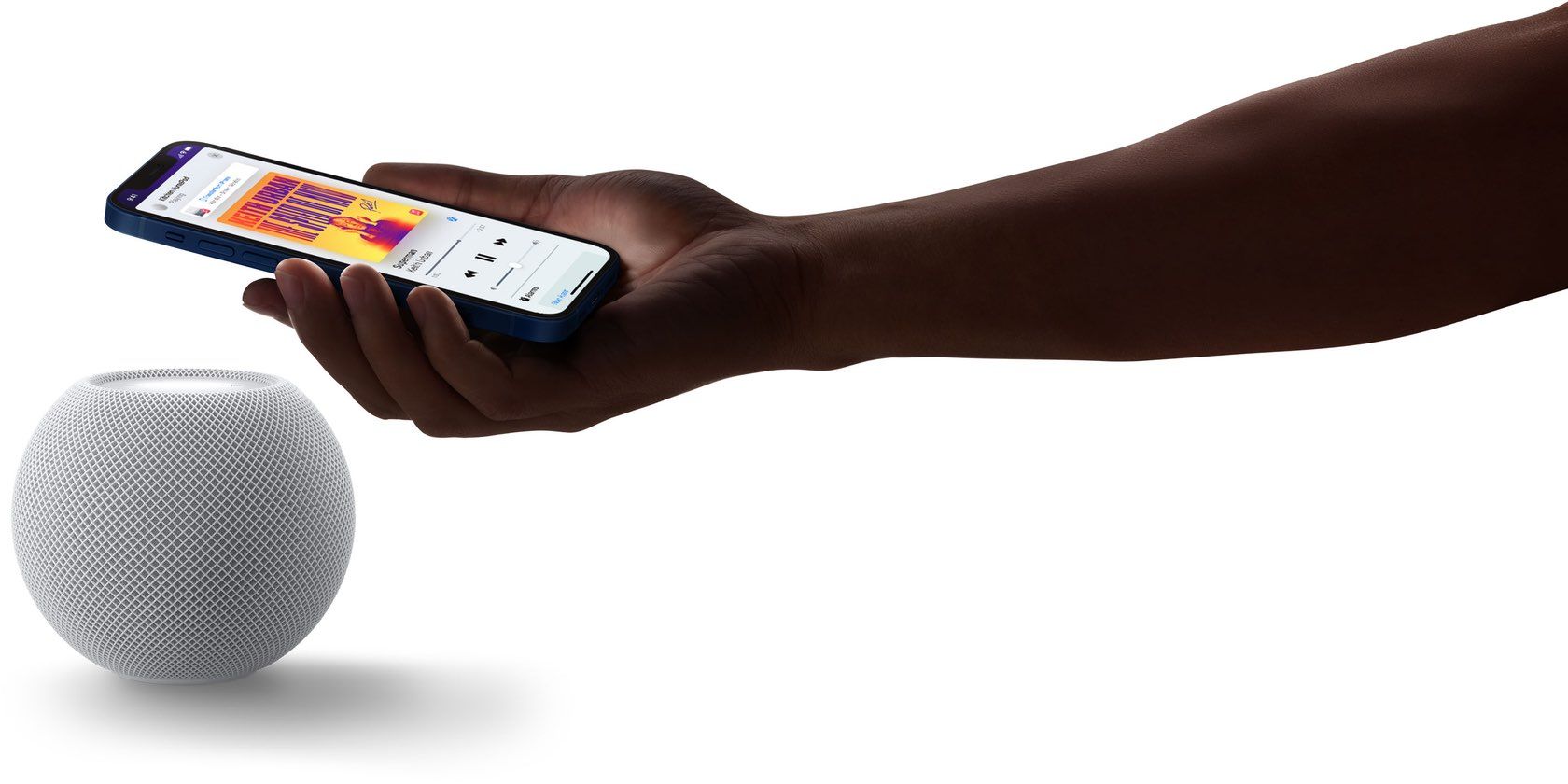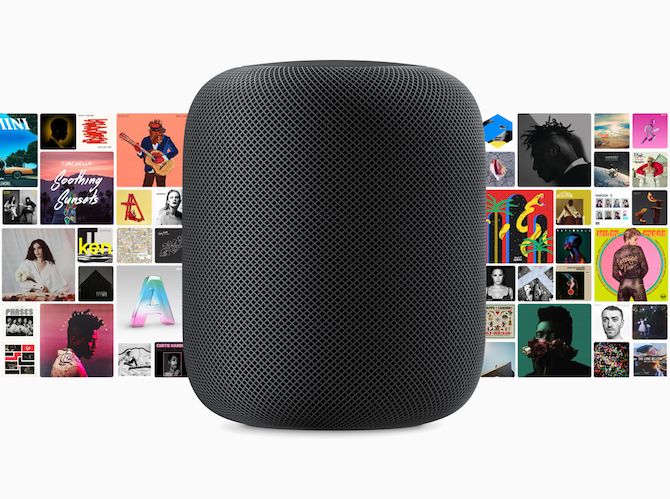Apple recently announced that it will be discontinuing the HomePod.
This news comes after only three years in which lower-priced smart home speakers from Amazon and Google have dominated the market. We'll look at why Apple made the decision and the future of the Siri-powered speaker line.
Apple HomePod Price Problems
HomePod's initial $349 price tag was a significant pain point for would-be buyers, and many have criticized Apple's initial price positioning. At $349, Apple's HomePod quickly became the most expensive smart speaker on the market.
In April 2019, Apple lowered the price of HomePod to $299, hoping to drive sales. Unfortunately, this move didn't seem to bridge the gap between more budget-friendly offerings from competitors.
While the original HomePod was lauded for its excellent sound quality and advanced technology, it seemed many people still could not stomach the reduced price point. Google Home Max suffered the same fate as HomePod back in December 2020. That's when Google decided to pull the plug on its own expensive, high-fidelity smart speaker.
Can I Still Buy the Full-Sized HomePod?
What does this news mean for consumers hoping to add a HomePod to their current smart home? It turns out, not much. In November 2020, Apple released a lower-priced version of the original HomePod, the HomePod mini.
Retailing at only $99, the HomePod mini has been an instant success for Apple. With the discontinuation of the original HomePod, Apple has confirmed it will now be focusing on further developing this newer version.
While much smaller than its predecessor, the mini offers several improved features over the original HomePod. These upgrades include Apple's new U1 Ultra Wideband technology, which first shipped with iPhone 11.
The U1 chip provides HomePod mini with spatial awareness and an ability to sense its location relative to other U1-equipped Apple devices in the room. Additionally, Apple's U1 chip allows better transfer of calls, music, and podcasts from Apple's most recent iPhones.
Will Apple Discontinue HomePod Support?
The good news is that Apple will not be discontinuing support for original HomePod users at this time. Additionally, the tech giant will continue to sell the full-sized version HomePod while it has inventory. However, it appears that the Space Gray version of the original HomePod has recently disappeared from Apple's website.
That means if you're itching to pick up a full-sized HomePod, you might want to do so before the company sells out. Alternatively, if you'd like to buy a HomePod mini, they are readily available for $99.
2020 Was a Win for Apple
In addition to the HomePod mini in 2020, Apple also scored home runs with its new M1 Mac mini and M1 MacBooks, proving that the company still had a few innovative tricks up its sleeve. Unfortunately, tech history has confirmed that the path of innovation sometimes requires sacrifices.
This discontinuation is not the first time Apple has removed a product from its lineup to shift focus. Many will remember the iPod Hi-Fi, the iPod mini, the iPod Shuffle, and the iPod Nano. These former bastions of cool were phased out only to be replaced by more advanced alternatives.
With the focus on HomePod mini, Apple has a product positioned to dominate the smart home segment. Apple has also included new technology, Thread support, in its new HomePod mini. Thread is a new technology that allows smart home products to act as nodes on an independent mesh network.
Apple's inclusion of Thread in the mini signals that the technology powerhouse may be attempting to occupy a more significant segment of the smart home market. This is excellent news for Apple ecosystem die-hards and smart home enthusiasts hoping for alternatives to Amazon Alexa and Google Home.
Bye, Bye, Full-Sized HomePod. Hello, HomePod mini
Though the end of days for the original HomePod may seem like bad news, the further development of its more budget-friendly successor demonstrates some exciting new possibilities.




